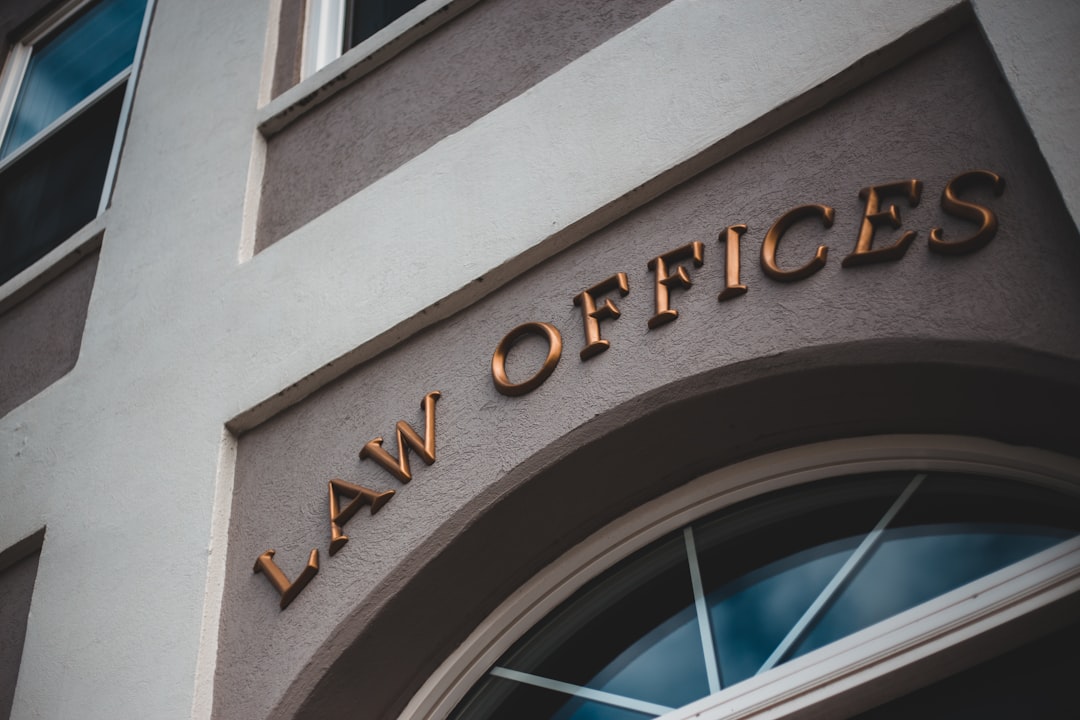Prosecuting sexual abuse cases in Maryland involving vulnerable victims with intellectual disabilities requires specialized legal strategies from a top-rated sexual abuse law firm. These firms must navigate complex laws, evidence rules, and court processes, while collaborating with medical experts to protect victim rights and minimize trauma.
In Maryland, addressing sexual abuse cases involving victims with intellectual disabilities presents unique legal challenges. This complex issue demands a nuanced approach, as these victims often face additional barriers to justice due to their vulnerabilities. This article explores the intricate legal landscape, focusing on three key areas: navigating intellectual disabilities, evidence admissibility hurdles, and procedural obstacles. We also delve into advocacy strategies designed to protect and empower these vulnerable individuals, highlighting the critical role of a specialized sexual abuse law firm in Maryland.
Navigating Complex Legal Landscape: Intellectual Disabilities

Navigating the complex legal landscape surrounding intellectual disabilities is a critical aspect when prosecuting sexual abuse cases involving vulnerable victims in Maryland. These individuals often face unique challenges, requiring specialized legal strategies and an understanding of their specific needs. A sexual abuse law firm in Maryland that specializes in these matters must be adept at recognizing and addressing these complexities.
Intellectual disabilities can significantly impact a victim’s ability to understand and communicate about their experiences, which may affect their credibility and willingness to testify. Moreover, individuals with intellectual disabilities might require additional support during legal proceedings, such as assistance in decision-making, ensuring informed consent, and providing clear explanations of legal concepts. Legal professionals must approach these cases with sensitivity and adaptability, ensuring that the rights and best interests of the victim are protected throughout the legal process.
Challenges in Evidence Admissibility and Procedural Barriers

Navigating the legal system with a focus on sexual abuse cases involving victims with intellectual disabilities presents unique challenges in Maryland. One significant hurdle is the admissibility of evidence, as traditional methods may not adequately address the complexities of such cases. For instance, a sexual abuse victim with intellectual disabilities might have limited capacity to communicate or recall details, impacting the reliability of their testimony. This raises concerns about the admissibility of their statements under standard evidentiary rules.
Moreover, procedural barriers further complicate matters. These cases often require specialized legal strategies and expertise from a sexual abuse law firm in Maryland. The court processes can be intricate, with specific rules governing the handling of sensitive evidence and witness testimonies. Failure to adhere to these procedures can lead to dismissals or mistrials, exacerbating an already delicate situation for the victims.
Advocacy Strategies for Vulnerable Victims' Rights

Advocacy groups and legal professionals dedicated to protecting vulnerable individuals play a pivotal role in ensuring that victims with intellectual disabilities receive justice. These advocates employ specialized strategies tailored to address the unique challenges faced by such victims, who may struggle to communicate their experiences effectively. One key approach is collaborating closely with medical and mental health professionals to gain insights into the victim’s condition, which can help in understanding their behavior and providing appropriate legal representation.
A sexual abuse law firm in Maryland, for instance, might work with therapists and care providers to gather comprehensive evidence and create a supportive environment during legal proceedings. This collaborative effort ensures that the victim’s rights are advocated for while also minimizing potential trauma. By combining legal expertise with specialized knowledge, these firms can navigate complex laws and offer guidance that respects the unique needs of individuals with intellectual disabilities in sexual abuse cases.




